By Amit Roy
THE first thing that needs to be emphasised when discussing whether the public have a right to film the police – the French government tried to bring in a controversial law that would have banned this practice – is all over the world, brave officers are called upon to lay down their lives for the safety of society. We witnessed that during the Mumbai massacre of 2008.
That said, too many people – especially black people – are beaten up by police. The whole Black Lives Matter movement spilled over from Minneapolis in the US and raged across the world after a white police officer killed black American George Floyd by pressing his knee on the neck of the arrested man for “eight minutes and 46 seconds”. Without the incriminating mobile film footage, the police would have got away with it – as they have so often in the past.
In France, there was a recent case in which four police officers were caught on CCTV beating up Michel Zecler, a black music producer, in Paris. “I was lucky enough to have videos,” Zecler said later.
Faced with protests from the media and human rights groups, the French government appears to be having second thoughts about seeking to give police “additional protection” by making it an offence to film them, punishable by a year in prison and a €45,000 (£40,585) fine.
In India, torture and deaths in custody are so common that members of the public, especially from the most vulnerable sections of society, are fearful of taking their complaints to police stations.
The police, given additional powers during lockdown, have abused their authority. In Tamil Nadu, for example, a father and son, Jeyaraj, 59, and Benniks, 31, were beaten to death and their cell walls left splattered with blood by policemen who “wanted to teach them a lesson” for allegedly violating the coronavirus lockdown in June.
India’s Supreme Court has now issued a landmark ruling that security cameras should be installed in police stations and offices of investigating agencies which conduct interrogations and have power of arrest. These include the Central Bureau of Investigation, the National Investigation Agency and the Enforcement Directorate.
“Most of these agencies carry out interrogation in their office(s), so CCTVs shall be compulsorily installed in all offices where such interrogation and holding of accused takes place in the same manner as it would in a police station,” the judges said. “These cameras must be installed at entry and exit points of the police station, lock-ups, corridors, lobbies, reception area, rooms of the sub-inspector and inspector, reception and outside washrooms.”
In a series of incidents in 1979 and 1980 in Bhagalpur in the state of Bihar, police blinded 31 individuals under trial (or convicted criminals, according to some versions) by pouring acid into their eyes. This shameful episode became infamous as “the Bhagalpur blindings”.
The Supreme Court ruling shows that police brutality still remains a major problem. However, the mobile phone camera, which can help the police as well as hold them to account, is here to stay.





 LONDON, ENGLAND - JUNE 22: Baroness Floella Benjamin speaks during the unveiling of the National Windrush Monument at Waterloo Station on June 22, 2022 in London, England. The photograph in the background is by Howard Grey. (Photo by John Sibley - WPA Pool/Getty Images)
LONDON, ENGLAND - JUNE 22: Baroness Floella Benjamin speaks during the unveiling of the National Windrush Monument at Waterloo Station on June 22, 2022 in London, England. The photograph in the background is by Howard Grey. (Photo by John Sibley - WPA Pool/Getty Images)









 Ed Sheeran and Arijit Singh
Ed Sheeran and Arijit Singh Aziz Ansari’s Hollywood comedy ‘Good Fortune’
Aziz Ansari’s Hollywood comedy ‘Good Fortune’ Punjabi cinema’s power-packed star cast returns in ‘Sarbala Ji’
Punjabi cinema’s power-packed star cast returns in ‘Sarbala Ji’ Mahira Khan
Mahira Khan ‘Housefull 5’ proves Bollywood is trolling its own audience
‘Housefull 5’ proves Bollywood is trolling its own audience Brilliant indie film ‘Chidiya’
Brilliant indie film ‘Chidiya’  John Abraham
John Abraham Hina Khan and her long-term partner Rocky Jaiswal
Hina Khan and her long-term partner Rocky Jaiswal  Shanaya Kapoor's troubled debut
Shanaya Kapoor's troubled debut Sana Yousuf
Sana Yousuf



 Shraddha Jain
Shraddha Jain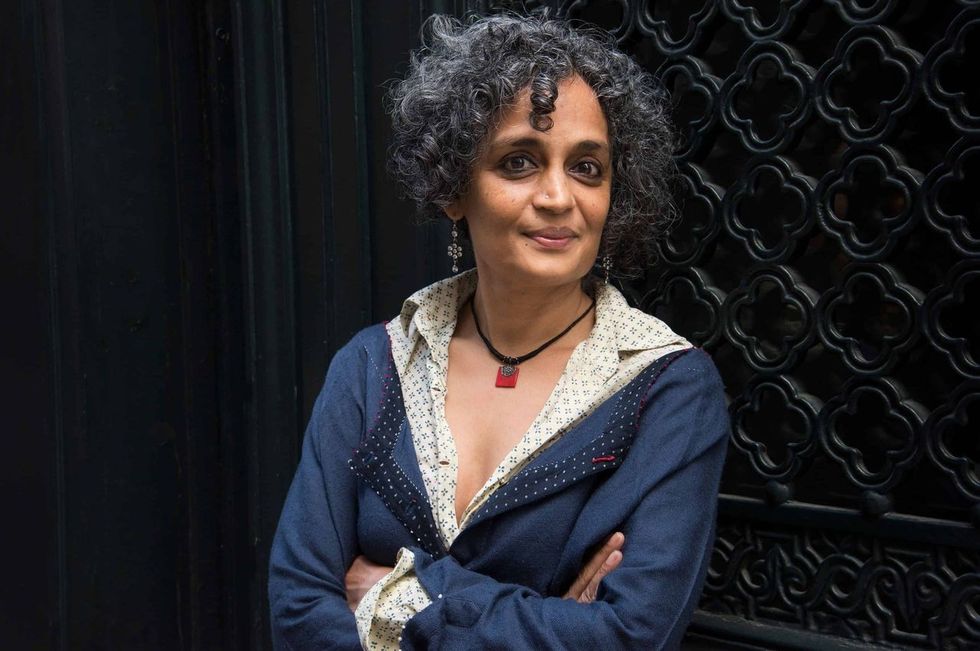 Arundhati Roy
Arundhati Roy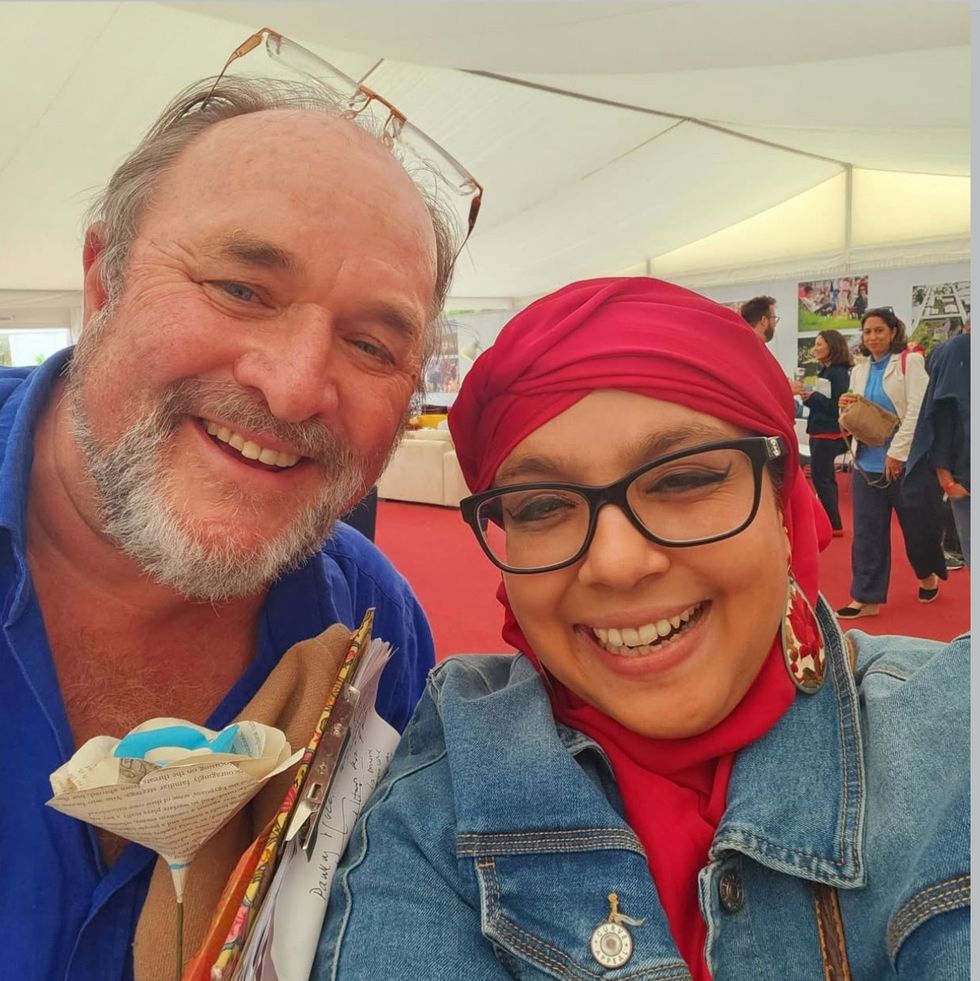 William Dalrymple and Onjali Q Rauf
William Dalrymple and Onjali Q Rauf Ravie Dubey and Sargun Mehta
Ravie Dubey and Sargun Mehta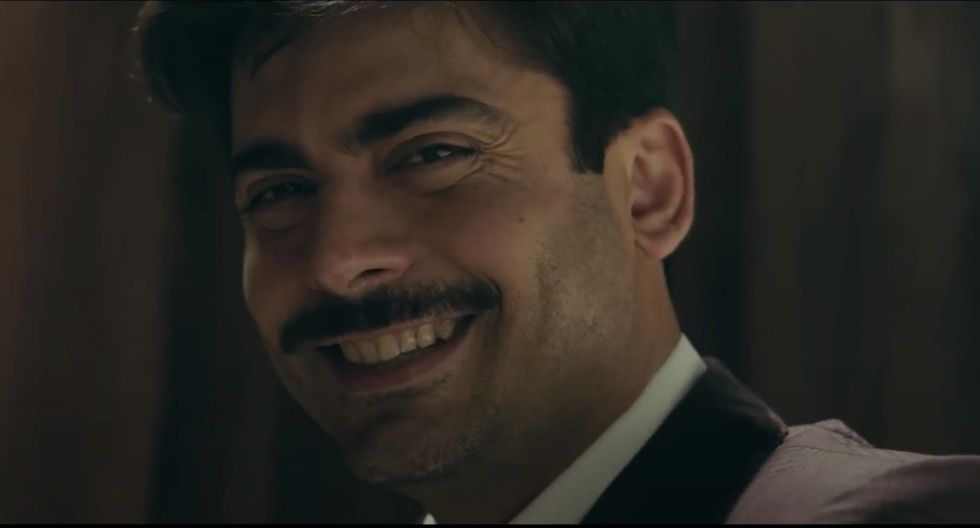 Money Back Guarantee
Money Back Guarantee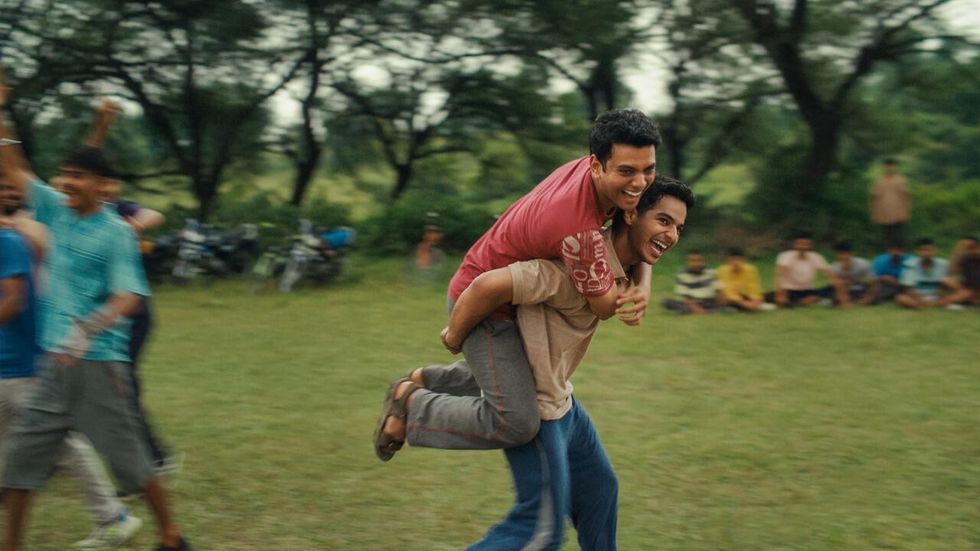 Homebound
Homebound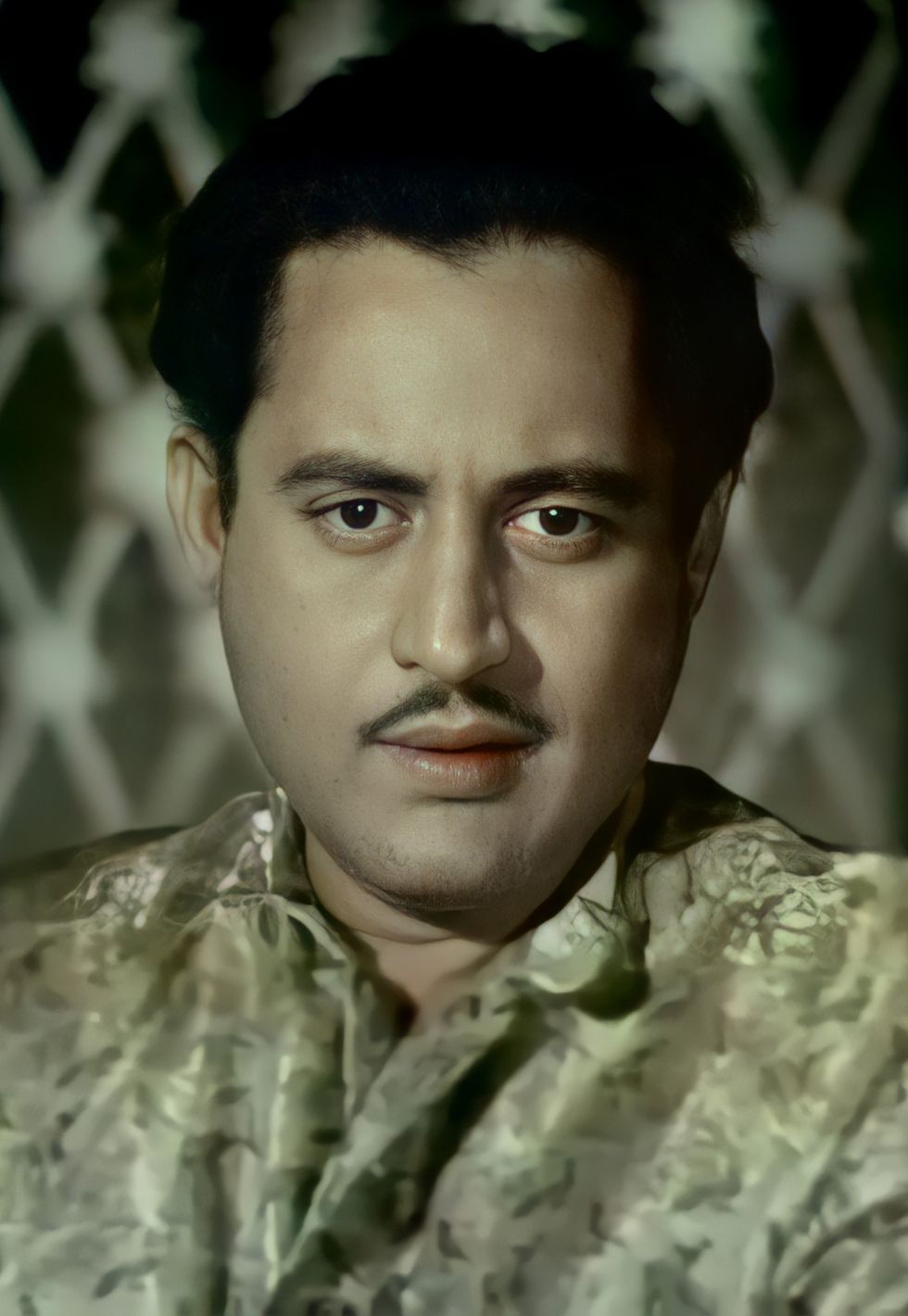 Guru Dutt in Chaudhvin Ka Chand
Guru Dutt in Chaudhvin Ka Chand Sarita Choudhury
Sarita Choudhury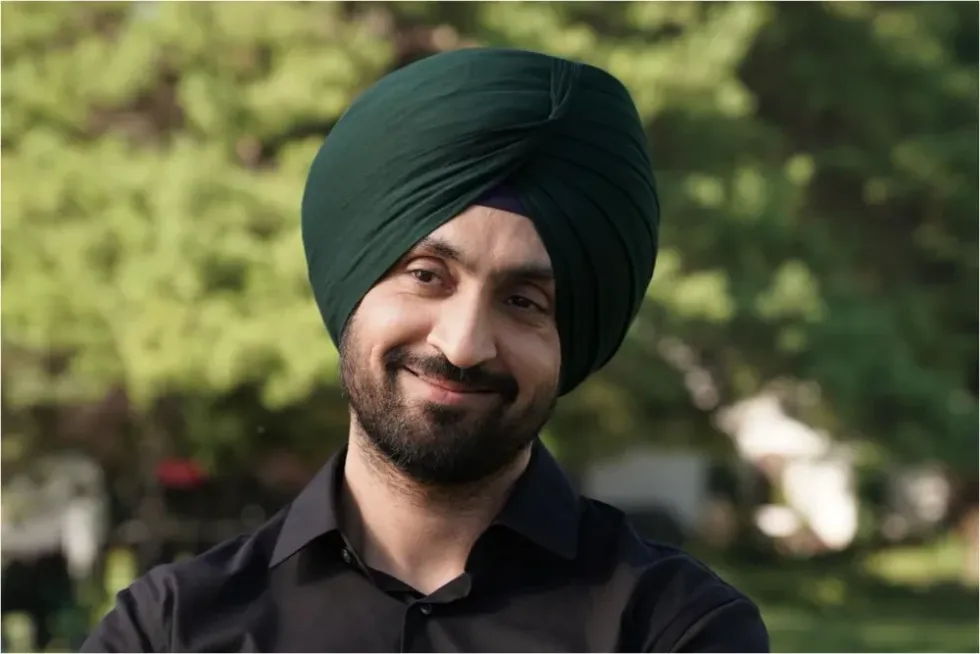 Detective Sherdi
Detective Sherdi